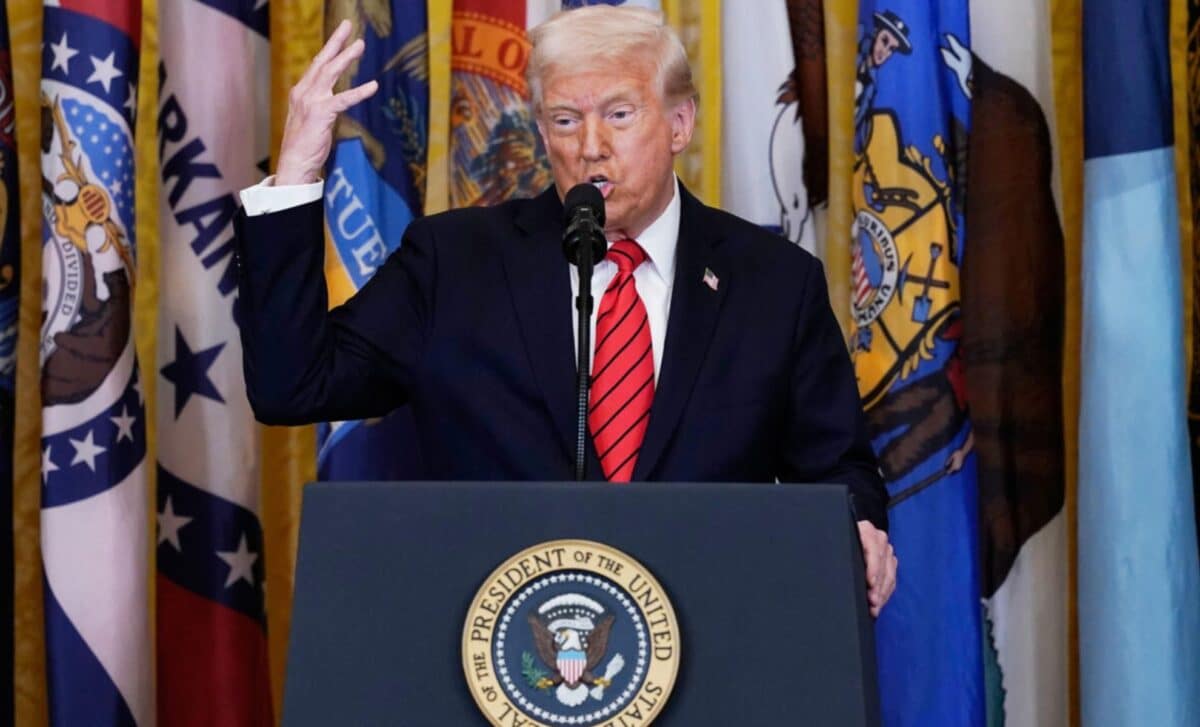President Donald Trump has announced a 25% tariff on imported vehicles, a move the administration claims will benefit U.S. manufacturing but has sparked concern among industry experts and foreign leaders.
The new tariffs, set to come into effect in April, could raise $100 billion annually, but analysts warn that the policy could have significant consequences for both the automotive sector and consumers.
Trump’s administration argues that the tariffs will create jobs and encourage more domestic production, addressing long-standing trade imbalances.
However, the decision comes at a time when global supply chains are already deeply interwoven, and automakers—both foreign and domestic—rely heavily on cross-border trade to maintain competitive pricing.
Potential Impact on U.S. Auto Industry and Consumer Costs
According to reports, the new tariff will apply to both imported vehicles and the parts used in their production. The White House has justified this decision based on a 2019 Commerce Department investigation, citing national security concerns.
The tariffs are expected to increase the cost of imported vehicles by up to $12,500, which could contribute to rising inflation across the economy.
While the administration insists that the policy will promote job growth in the U.S., economists are concerned about its potential negative effect on vehicle prices, particularly for the middle and working classes.
Mary Lovely, a senior fellow at the Peterson Institute for International Economics, emphasised that the increase in vehicle prices could price out many households from the new car market.
“We’re going to see reduced choice,” she said. “These kinds of taxes fall more heavily on the middle and working class.”
The average price of a new vehicle already hovers around $49,000, meaning many Americans might find it increasingly difficult to afford a new car.
Global Reactions and Potential Trade Wars
The tariffs have quickly drawn criticism from foreign leaders, with European Commission President Ursula von der Leyen condemning the move as detrimental to both businesses and consumers.
The European Union has expressed concerns that the policy could trigger a broader trade war, which could damage global economic growth. Canada‘s Prime Minister Mark Carney also voiced strong opposition, warning that his country would defend its workers and companies against what he labelled a direct attack on their interests.
In response to the tariffs, Trump has indicated that the U.S. will also introduce reciprocal tariffs on imports from other countries, effectively increasing trade tensions.
Already, retaliatory tariffs have been announced by the European Union, including a 50% tax on U.S. spirits, a move that could spark further escalation.









